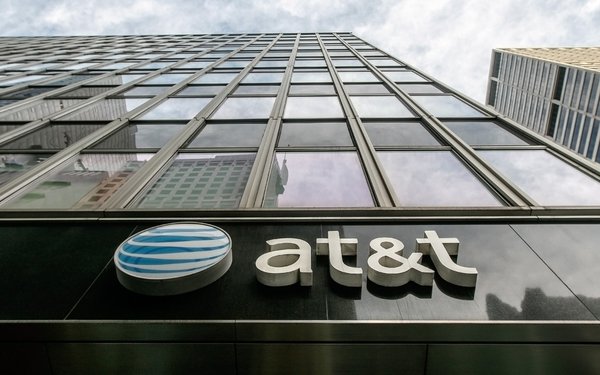
AT&T is joining T-Mobile
in arguing that wireless subscribers have no right to sue over disclosure of their geolocation data.
AT&T says in court papers filed Friday that a privacy lawsuit brought by customer Tyler
Morrison must be sent to arbitration on the grounds that its contracts with consumers require arbitration of all disputes.
"The plain language of AT&T’s arbitration agreement covers
Tyler Morrison’s claim and requires him to arbitrate his dispute against AT&T,” the company writes in a motion filed with U.S. District Court Judge Judge James Bredar in Maryland.
The company's argument comes in response to a lawsuit alleging that AT&T disclosed confidential network information in violation of the Federal Communications Act.
The suit came several
months after the publication Motherboard reported some carriers were selling
customers' location data to third parties. Motherboard's article detailed how a reporter paid a “bounty hunter” $300 to track a phone's location to a neighborhood in Queens, New York.
The carrier for that phone was T-Mobile, which shared the location data with the aggregator Zumigo, which in turn shared the data with Microbilt. Microbilt then shared the information with a bounty
hunter, who shared it with a bail industry source, according to the article.
Last year, it also came to light that an aggregator was selling location data obtained from carriers to law
enforcement authorities who lacked warrants.
Earlier this month, T-Mobile argued that the lawsuit against it should be sent to arbitration. Verizon and Sprint are also facing lawsuits by
customers; those two companies haven't yet filed similar motions.
The four major U.S. carriers have said they no longer sell location data.
AT&T says in its new court papers that
its contract was with Jeffrey Morrison -- the grandfather of Tyler Morrison. But AT&T argues that Tyler Morrison is an authorized user of the account, and bound by the terms and conditions agreed
to by Jeffrey Morrison.
“AT&T’s arbitration provision covers the type of claim that Morrison is asserting in this lawsuit,” the company writes. “That provision
states that it 'is intended to be broadly interpreted,' and requires arbitration of 'all disputes and claims between us.'”
The company adds: “That language easily encompasses the
single claim at issue here, which alleges that AT&T improperly disseminates customers’ data to third parties in violation of the Federal Communications Act.”